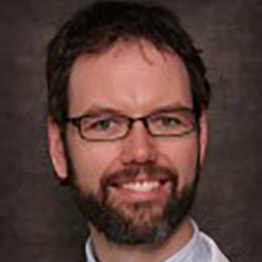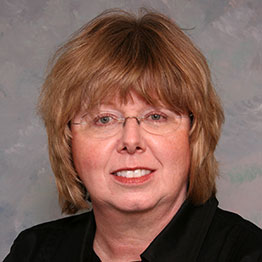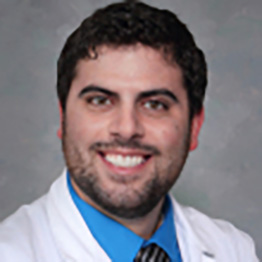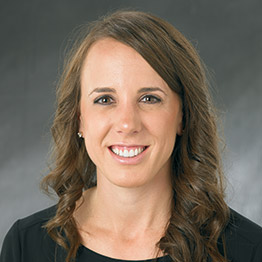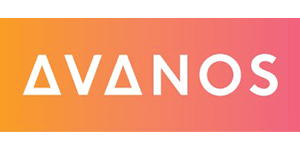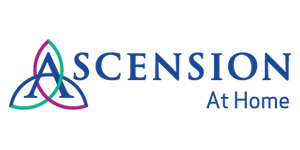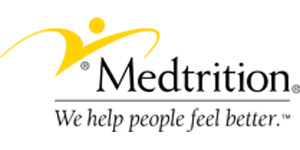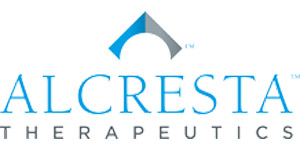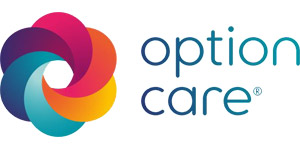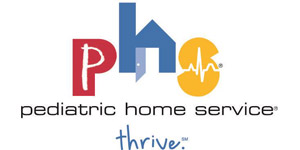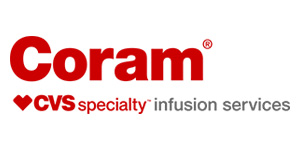Wisconsin Society for Parenteral and Enteral Nutrition’s
Thirty Seventh Annual Fall Symposium
September 24, 2019
Aurora Medical Center ~ Summit
36500 Aurora Drive
Summit, WI 53066
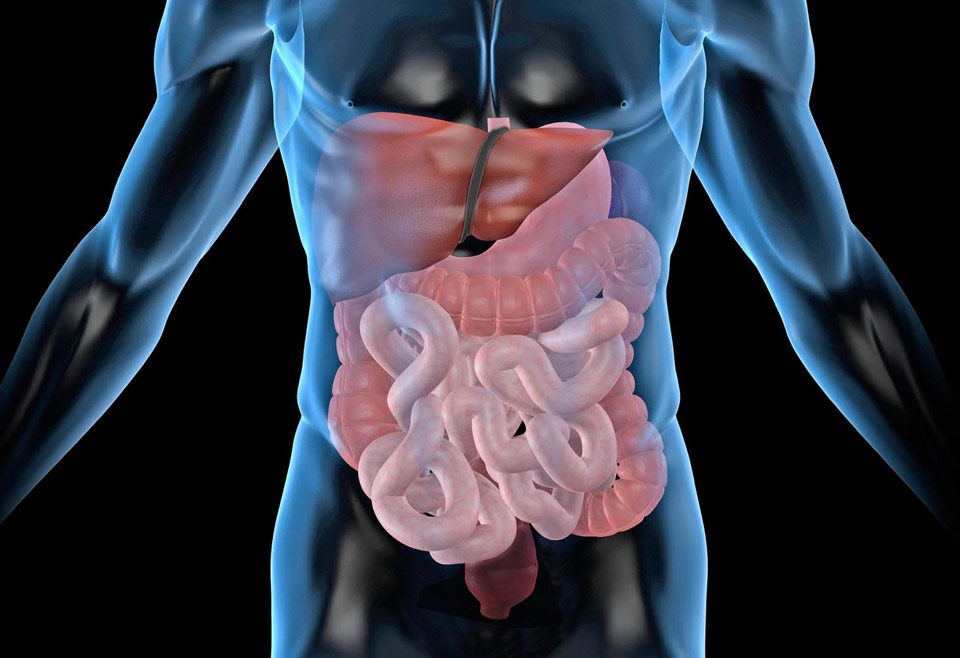
AUDIENCE
WiSPEN is pleased to host its 37th Annual Symposium to a multidisciplinary audience of dietitians, pharmacists, physicians, nurses, and students.
MAIN PRESENTERS
Drug Nutrient Interactions and Dos and Don’ts Using PEG and JPEG
- Learning Objectives
- Review definitions that describe the various types of drug-nutrient interactions.
- Describe selected drug-nutrient interactions and enteral feedings
- Discuss potential treatment options to address drug-nutrient interactions
- ACPE #
0499-9999-19-015-L01-P
(0.1 CEU)
- Presentation Materials
Does Clinical Equipoise Exist for Protein Dose in Critical Illness?
- Learning Objectives
- Deliberate why protein dose remains such an important question to answer
- Identify the ‘current state’ of prescribed and received protein during critical illness
- Outline barriers to achieving prescribed protein during critical illness
- Identify and appraise current evidence favoring lower protein dose during critical illness as well as current evidence favoring higher protein dose during critical illness
- Describe clinical equipoise and the need for a stronger evidentiary base
- Discuss the role of exercise and protein supplementation in optimizing post critical care physical function outcomes
- ACPE #
0499-9999-19-018-L01-P
(0.1 CEU)
- Presentation Materials
Nutritional Challenges at the End of Life
- Learning Objectives
- Discuss the psychological and societal tension of anorexia at end-of-life, and the subsequent implications for patient care
- Identify the elements of the syndrome of imminent death
- Address caregiver and family concerns about the changes they observe in the eating habits of their loved one
- Critique arguments supporting benefits ad burdens of artificial hydration and nutrition in the dying patient
- ACPE #
0499-9999-19-016-L01-P
(0.1 CEU)
- Presentation Materials
Daniel A. Sturgill
MD
Assistant Professor Medical College of Wisconsin
Nutrition Support in Acute and Chronic Kidney Injury
- Learning Objectives
- Review current guidelines of nutrition support in acute kidney injury
- Review current guidelines of nutrition support in chronic kidney disease
- Discuss cutting edge research in nutrition and renal disease
- ACPE #
0499-9999-19-019-L01-P
(0.1 CEU)
- Presentation Materials
The Role of Nutrition in Modifying the Microbiome
- Learning Objectives
- Discuss current concepts in diet-related gut microbiome changes.
- Recognize key metabolites from diet-gut microbiota interactions and relevance to health and disease.
- Discuss the efficacy of dietary interventions for the treatment of inflammatory bowel diseases and their impact on the gut microbiome.
- ACPE #
0499-9999-19-017-L01-P
(0.1 CEU)
- Presentation Materials
BREAKOUT SESSIONS
Daniel A. Sturgill
MD
Assistant Professor Medical College of Wisconsin
Nutritional Interventions for Acute Kidney Disease and Dialysis
- Learning Objectives
- Review the evidence of protein intake through stages of CKD
- Discuss whether potassium restriction matters in patients with more advanced CKD
- Discuss the nephrology challenges of TPN in the anuric and polyuric patient
- Review the challenges the challenges CKD patients face with phosphorus and sodium intake
- ACPE #
0499-9999-19-020-L01-P
(0.1 CEU)
- Presentation Materials
Amanda Motl
RD, CD, CDE
Registered Dietitian Outpatient and Inpatient
Low FODMAP Diet
- Learning Objectives
- Review what FODMAPs are and the various subtypes
- Briefly explain how FODMAPs contribute to GI symptoms
- Identify patients which would benefit from a low FODMAP diet
- Describe the 3 phases of a low FODMAP diet
- ACPE #
0499-9999-19-021-L01-P
(0.1 CEU)
- Presentation Materials
Registration Fees
| Dietitians and RNs | WISPEN Member | Non-Member |
| Early (7/1 - 7/26) | $120 | $165 |
| Regular (7/27 - 8/23) | $125 | $170 |
| Late (8/24 - 9/17 | $135 | $180 |
| RPh/Licensed Independent Practitioner/Industry | ||
| Early (7/1 - 7/26) | $145 | $190 |
| Regular (7/27 - 8/23) | $150 | $195 |
| Late (8/24 - 9/17) | $160 | $205 |
| Full Time Students Undergraduate/Interns * | ||
| Early (7/1 - 7/26) | $40 | $40 |
| Regular (7/27 - 8/23) | $45 | $45 |
| Late (8/24 - 9/17) | $50 | $50 |
If there are any special diet or handicap needs, please email mywispen@gmail.com by September 17, 2019 (no special dietary requests will be taken after this date).
If you have any questions, please email mywispen@gmail.com.
Registrants will have only online access to presentations, no printed booklet.
Photography waiver: I understand that WISPEN and ASPEN may, at its option, make photographs, videos or recordings of WISPEN events, which may include my likeness or participation, and reproduce them in WISPEN and ASPEN educational, news or promotional material, whether in print, electronic or other media, including the WISPEN and ASPEN Web sites and WISPEN and ASPEN managed social media sites. By participating in the WISPEN symposium, I hereby grant WISPEN and ASPEN permission to make, use and distribute such items, and I waive any rights to seek payment or compensation.
Hotel Reservations
WiSPEN has reserved a block of rooms at Hilton Garden Inn-Oconomowoc. Rooms start at $127/night and will be available until either August 23, 20189 or the block of reserved rooms is depleted.
Use the Group Code: WiSPEN Block when making reservations to receive the reduced WiSPEN group rate.
VENDORS
WiSPEN acknowledges the following vendors for supporting the 37th Annual 2019 Fall Symposium:




